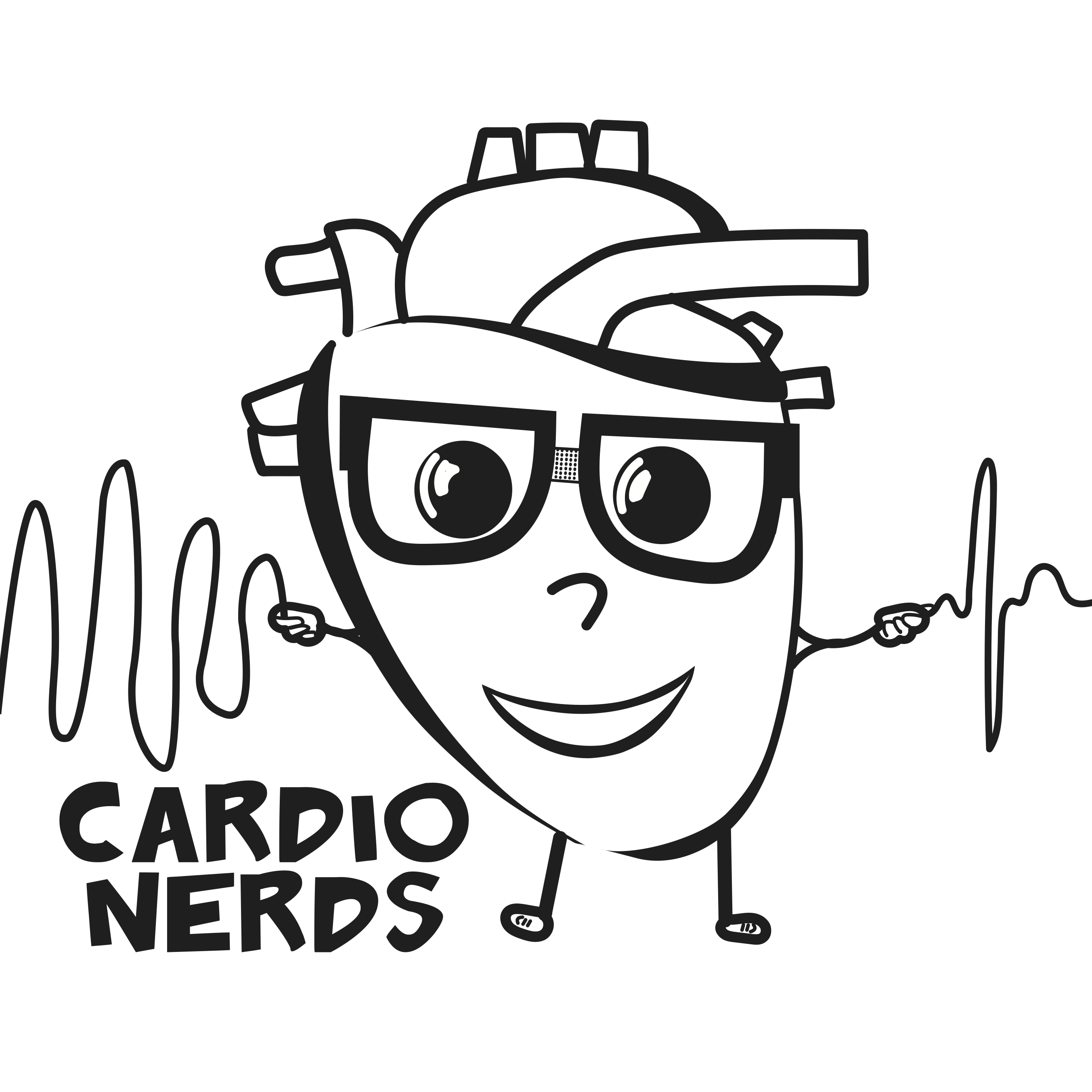370. CardioOncology: Advanced Heart Failure in CardioOncology with Dr. Richard Cheng

CardioNerds Co-Founder Dr. Daniel Ambinder, Episode Chair Dr. Dinu Balanescu, and FIT Lead Dr. Natalie Tapaskar discuss advanced heart failure in CardioOncology with expert Dr. Richard Cheng. Audio editing by\xa0CardioNerds Academy Intern, Dr. Akiva Rosenzveig.\n\n\n\nIn this episode, we discuss the spectrum of advanced heart failure in patients with a history of cancer. We dissect cancer therapy-related cardiac dysfunction (CTRCD) cases and the imaging and biomarker tools available for risk stratification and disease monitoring. We delve into the data on the use of guideline-directed medical therapy (GDMT) and cardiac resynchronization therapy (CRT) in these patients. We discuss the risk of prior radiation and chemotherapy during cardiac surgery. Finally, we learn about the post-transplant risk of rejection, recurrent malignancy, and de-novo malignancies, as well as treatment strategies we can employ for these patients.\n\n\n\n This episode is supported by a grant from Pfizer Inc.\n\n\n\nThis CardioNerds Cardio-Oncology series is a multi-institutional collaboration made possible by contributions of stellar fellow leads and expert faculty from several programs, led by series co-chairs,\xa0Dr. Giselle Suero Abreu,\xa0Dr. Dinu Balanescu, and\xa0Dr. Teodora Donisan.\xa0\n\n\n\n\n\n\n\n\n\n\n\nCardioNerds Cardio-Oncology PageCardioNerds Episode PageCardioNerds AcademyCardionerds Healy Honor Roll\n\n\n\n\n\nCardioNerds Journal ClubSubscribe to The Heartbeat Newsletter!Check out CardioNerds SWAG!Become a CardioNerds Patron!\n\n\n\n\n\n\n\n\n\nPearls and Quotes - Advanced Heart Failure in CardioOncology\n\n\n\n\nUse the HFA-ICOS risk tool to understand the baseline risk of developing cancer therapy-related cardiac dysfunction (CTRCD). Key factors are type of cancer therapy, baseline CV risk factors, and age.\n\n\n\nA relative change in global longitudinal strain of more than 15% from baseline is a marker of early cardiac dysfunction and predicts the subsequent risk for systolic dysfunction in patients undergoing cardiotoxic chemotherapy.\n\n\n\nStatins may be useful in prevention of cardiovascular dysfunction in patients receiving anthracycline chemotherapy. There is limited data on the 4 pillars of GDMT in prevention of CTRCD, but should be started early once CRTCD is suspected or diagnosed!\n\n\n\nMediastinal radiation causes adhesions and scarring which increase the risk of bleeding during cardiac surgery, lead to longer operative times, and can lead to RV failure and poor wound healing.\n\n\n\nPatients with a pre-transplant history of malignancy have a higher risk of mortality due to post-transplant malignancy. And patients with active cancer should not be considered for heart transplant. Post-transplant malignancy risk can be mitigated by utilizing an mTOR based, CNI free immunosuppression regimen.\n\n\n\n\n\n\n\n\n\n\nShow notes - Advanced Heart Failure in CardioOncology\n\n\n\nHow do cardio-oncology and advanced heart failure intersect?\n\n\n\n\nThere are 3 basic populations of patients to consider:Patients with advanced heart failure who develop cancer.Patients with pre-existing chemotherapy and radiation exposure for cancer treatment who later develop advanced heart failureHeart transplant recipients who, in the long term are at very high risk of developing cancer\n\nCardio-oncologists must consider risk assessment and mitigation, long-term prognosis, and treatment strategies for each of these unique populations.\n\n\n\n\n\n\nHow can we assess the risk of developing cardiovascular disease during cancer treatment (CTRCD)?\n\n\n\n\nThere are many proposed risk tools. However, the majority are not well-validated.\n\nOne of the most used tools is the HFA-ICOS risk tool.1You can select the planned cancer therapy for the patient (anthracyclines, HER-2, VEGF, RAF/MEK inhibitors, Kinase inhibitors, multiple myeloma therapies) and then calculate their risk of developing CV disease during cancer treatment based on baseline variables:1) previous history of CV disease,2) biomarkers \u2013 troponin and NT-proBNP3)age,4) CV risk factors -HTN, DM,